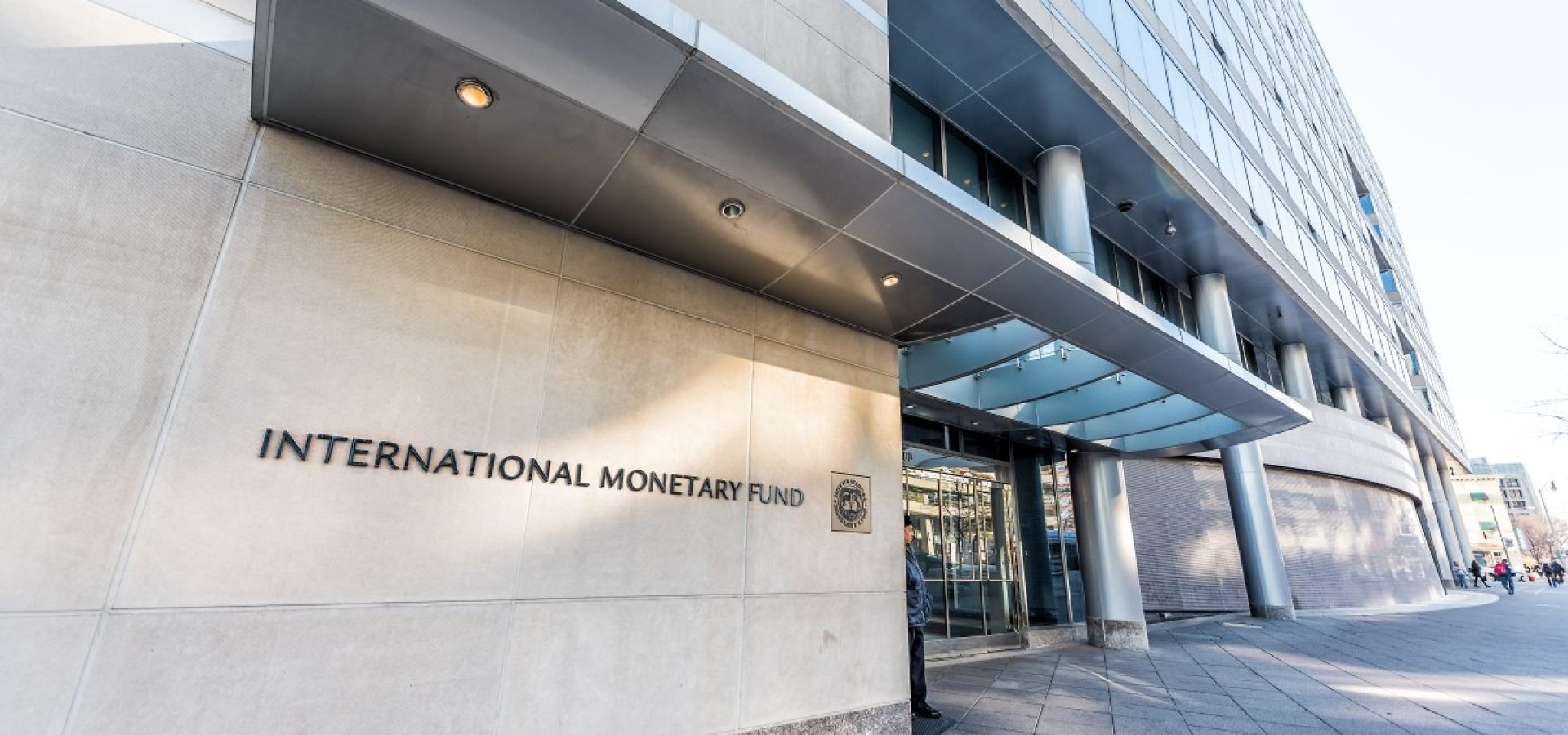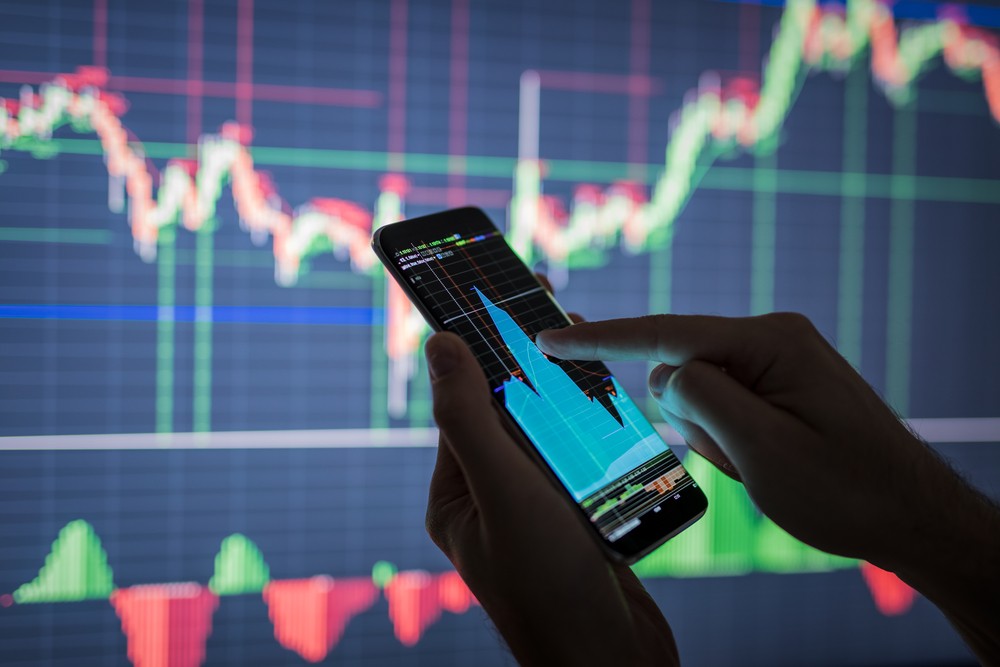This week there was no shortage of important information. On Tuesday, Chief Economist of the International Monetary Fund Gita Gopinath said that the forthcoming June World Economic Outlook Update is expected to show negative growth rates even higher than previously estimated. Nevertheless, stocks were mostly higher on Wednesday.
Mainland Chinese stocks saw gains on the day. The Shanghai Composite added 0.14% to about 2,935.87. Also, the Shenzhen Component gained 0.192% to approximately 11,420.84.
Hong Kong’s Hang Seng index advanced 0.25% as of its final hour of trading.
Also, South Korea’s Kospi index added 0.14% to close at 2,141.05.
Moreover, India’s Nifty 50 was 0.24% higher in afternoon trade.
However, Japanese stocks fell on Wednesday. The Nikkei 225 dropped 0.56% to close at 22,455.76. At the same time, the Topix index fell 0.4% to end its trading day at 1,587.09.
Australia’s S&P/ASX 200 gained 0.83% to close at 5,991.80.
Stocks and regional tensions 
Investors are closely monitoring the situation as rising regional tensions is a serious issue. North Korea destroyed a liaison office with South Korea, and this step could make it harder to deescalate the situation.
South Korea responded by making it clear that it would no longer accept the unreasonable behavior of its northern neighbor.
Interestingly, certain Asia-listed defense stocks benefited from the ongoing situation. For instance, Ishikawa Seisakusho in Japan soared 14.2% while Victek in South Korea jumped 29.91.%
However, South Korean stocks exposed to North Korea fell on June 17. Hanil Hyundai Cement dropped 14.7% while Hyundai Elevator fell 3,88%.
Unfortunately, it was the only problem that could affect stocks. Indian and Chinese troops clashed this week. As a result, 20 Indian soldiers lost their lives. Tensions between the nuclear-armed countries have the potential to destabilize the whole region. Both sides should work together to avoid such incidents in the future.









COMMENTS